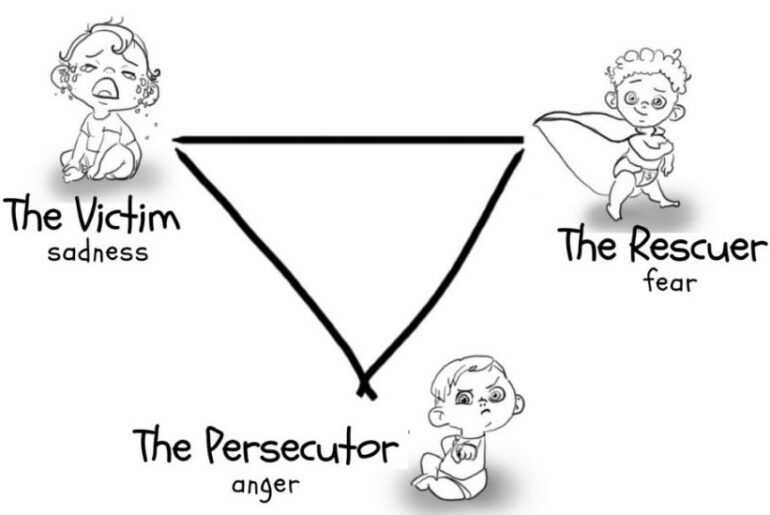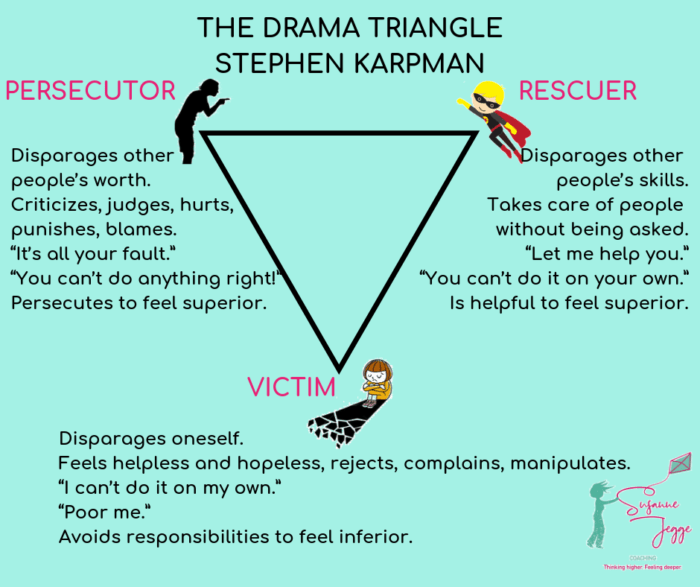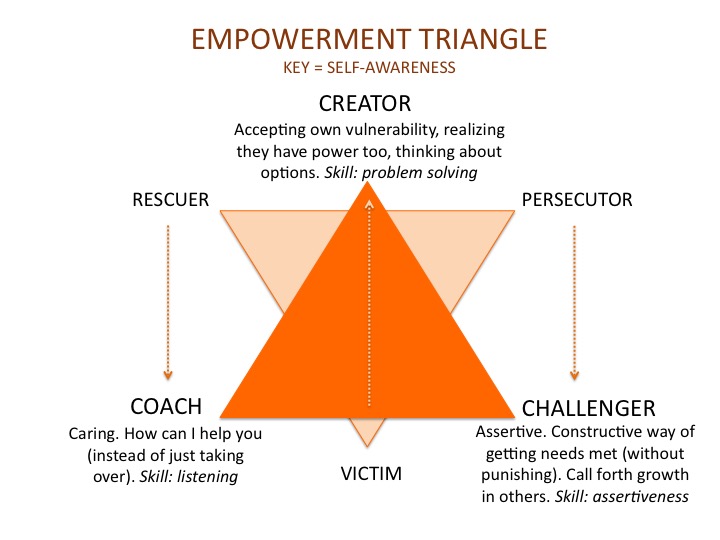No one can deny it- relationships can be very hard. We all want healthy, balanced, nontoxic and magical connections that can feature on other people’s hashtags as #couplegoals, #friendshipgoals or #parentinggoals. We all want that fulfilment in our lives. Yet sometimes, in our attempt to have these fantastic relationships, we go up and beyond to achieve them, to the detriment of ourselves. Whereas caring for your people is an act of love, when it goes to unhealthy extremes then it becomes codependency.
The word ‘Codependency’ was first used to refer to patterns where partners of substance abusers were deeply entwined in the destructive lives of their loved ones. However, the word is currently used in broad terms to refer to being overly focused on helping, rescuing or controlling others at one’s own expense. The individuals involved take over the responsibility of meeting the needs of others while neglecting their own. They become the rescuers, the savers in a toxic relationship and continue to give themselves beyond limits.
Coming from dysfunctional families is one of the common causes of codependency in adulthood. Most codependent traits usually develop due to childhood trauma, especially in cases where a parent/caregiver has an addiction, is abusive, neglectful or mentally ill. Codependency is thus a learned behaviour and can be passed down from one generation to the next. The individuals caught up in these unhealthy relationship patterns are referred to as ‘Codependents’.
Melody Beattie in her book ‘Codependent No More’ defines codependents as:
“A codependent person is one who has let another person’s behaviour affect him or her, and who is obsessed with controlling that person’s behaviour.
The other person might be a child, an adult, a lover, a spouse, a brother, a sister, a grandparent, a parent, a client, or a best friend. He or she could be an alcoholic, a drug addict, a mentally or physically ill person, a normal person who occasionally has sad feelings, or one of the people mentioned earlier.”
Most times, a codependent doesn’t realize the impact of this imbalanced relationship despite the persistent misery they feel in their lives. This is mainly because most codependents are under the impression that they’re caring and simply trying to fix a relationship with someone they love. However, the problem is that this reliability and giving often develop to very unhealthy degrees and it is the caregiver who suffers the most.
To ensure that you’re not caught up in this rollercoaster, here are some signs of codependency to look out for:
- Feeling responsible for other people’s actions, feelings, thoughts, problems and needs.
- Regularly try to change or fix people even when the problem is beyond you.
- Inability to say no even when something makes you uncomfortable.
- Apologizing and feeling guilty often even when you’ve done nothing wrong.
- Have people-pleasing tendencies yet feel used/a victim.
- Fear of rejection, abandonment or being disliked.
- Have trouble setting and holding boundaries.
- Have low self-worth & self-esteem- feel unlovable.
- Worry a lot and sometimes lose sleep over problems or other people’s behaviour.
- Try to control events and people through helplessness, guilt, coercion, threats, advice-giving, manipulation, or domination.
- Feel exhausted, irritated, hopeless, frustrated and anxious.
- Self-sacrifice to avoid upsetting others.
- Desperately seek love and approval.
- Don’t feel happy, content, or peaceful with yourself and look for happiness outside.
- Have a difficult time asserting your rights.
- Don’t trust yourself or other people.
- You easily lose yourself in other people’s plights, dramas, needs, problems, or needs.
- Feel trapped in relationships.
- Afraid of conflict or making mistakes, are very sensitive to criticism & seek perfection.
- Stay loyal to your compulsions and people even when it hurts i.e. have a hard time letting go.
- You feel frustrated and resentful when others don’t want your help or advice.
- You derive a sense of purpose from taking care of others.
- Your relationships can have an obsessive quality.
- You have difficulty accepting help.
- You’re hard-working, overly responsible, and may give to the point of exhaustion or resentment.
The question now becomes, how can you overcome codependency? Here are some ways to do it:
- Prioritize self-care and your needs rather than sacrificing them for others.
- Stop caring too much about people’s problems and needs. Don’t try to change or fix people and let them make their own choices.
- Value yourself instead of seeking approval from others.
- Practice self-compassion rather than judging/criticizing oneself.
- Say no when you don’t want to do something.
- Stop obsessing over what is not in your control.
- Ask for help when you need it. You don’t always have to take on the role of a helper/caretaker, sometimes be the one receiving the help.
- Set boundaries, be assertive and don’t allow people to take advantage of your kindness.
- Detach yourself emotionally from people, situations, experiences, behaviours and problems.
- Choose to find happiness in your life regardless of other challenges or unhappy situations you’re facing.
The first step to healing is being aware of your codependent tendencies and accepting that you care to unhealthy levels. You can decide to read more, work on yourself and overcome codependency but in cases when it is severe, you might need the guidance of a therapist. Here again to remind you that going to a therapist doesn’t mean you’re crazy, yet there are some important patterns and behaviours you might need to unlearn and sometimes you need assistance on how to go about it.
Everything is a process. Remember to be kind to yourself as you take this journey, and be patient until you finally acquire peace of mind and personal growth. This will assist you in leading a better, healthier, more fulfilling life together with your loved ones.
*

To read more on the same, check the references below:
*Book: Codependent No more- By Melody Beattie
* https://www.livewellwithsharonmartin.com/end-codependent-relationships/
*https://mind.help/topic/codependency/coping/
*https://www.counselingrecovery.com/blog-san-jose/signs-of-codependency




